
Stomach Can-cer: The “Silent Disease” You Shouldn’t Ignore
Stomach cancer is often called a silent disease because its early warning signs are so easy to overlook. Common digestive issues like heartburn, mild nausea, or bloating can seem harmless — yet, for some people, these subtle symptoms may be the body’s first signal of something far more serious.
The challenge is that early symptoms often mimic everyday discomforts, making stomach cancer notoriously difficult to detect in time. But recent advances in medical imaging and growing awareness among both patients and doctors are beginning to turn the tide.
Recognizing these warning signs — and knowing when to seek help — can make all the difference. Catching stomach cancer early can dramatically improve survival rates and make treatment less invasive and more effective.
Encouraging Progress: Early Detection on the Rise
Recent research offers hope for millions. Doctors are now diagnosing stomach cancer earlier than ever before, meaning more people are catching the disease when it’s most treatable.
A large-scale study using data from the U.S. National Cancer Institute found a 53% increase in early-stage stomach cancer diagnoses between 2004 and 2021. This represents a significant step forward in combating a disease once known for being discovered too late.
During that same period:
-
Cases that spread to nearby lymph nodes or organs fell by 38%, and
-
Cases that reached distant organs dropped by nearly 8%.
Dr. Mohamed Tausif Siddiqui, a gastroenterologist at the Cleveland Clinic and lead author of the study, credits these improvements to advances in endoscopic imaging and the growing use of upper endoscopies — procedures that allow doctors to examine the stomach lining and detect abnormalities before cancer spreads.
In 2021, for the first time in medical history, early-stage stomach cancer became more common than advanced-stage disease at the time of diagnosis — a milestone moment in the fight against gastric cancer.
According to Dr. Siddiqui, this shift means more patients can benefit from minimally invasive treatments, face fewer complications, and enjoy higher chances of long-term recovery. These findings were presented at Digestive Disease Week, one of the world’s leading medical conferences focused on gastrointestinal health.
Why Stomach Cancer Often Goes Undetected
Despite this progress, stomach cancer remains difficult to catch early. Unlike screening programs for breast, cervical, or colon cancer, routine testing for stomach cancer is not common in most countries.
Testing typically happens only after symptoms appear or when a person has known risk factors — such as:
-
A family history of stomach cancer,
-
Chronic H. pylori infection,
-
Smoking or heavy alcohol use, or
-
Diets high in processed or salted foods.
This creates a dangerous blind spot. The disease often develops slowly and quietly, and its earliest signs can resemble common digestive problems like acid reflux, indigestion, or simple bloating.
Dr. Mojun Zhu, a gastrointestinal oncologist, warns that younger patients in particular tend to dismiss early symptoms. “They assume it’s just diet or stress,” she explains, “but that delay can have serious consequences for early detection and treatment success.”
Early Signs of Stomach Cancer You Shouldn’t Ignore
Being alert to subtle but persistent symptoms can make a lifesaving difference. If you notice any of the following — especially if they last more than a few weeks — talk to your doctor:
-
Loss of appetite or early fullness after eating small amounts
-
Unexplained weight loss
-
Persistent heartburn or indigestion
-
Upper abdominal pain or discomfort
-
Nausea or vomiting
-
Difficulty swallowing
-
A sudden aversion to certain foods, such as meat or rich meals
-
New intolerance to common foods or drinks like fruit, coffee, or alcohol
These symptoms don’t always mean cancer — but they should never be ignored.
Symptoms That Seem “Normal” — But Could Be Warning Signs

Some everyday digestive issues may be hiding something more serious. Here’s when to look closer:
-
Frequent Belching That Won’t Stop
Occasional burping is normal, but persistent belching without clear cause could signal irritation or blockage in the stomach or esophagus. -
Constant Hiccups or Reflux
Random hiccups are harmless, but when they occur repeatedly — regardless of what you eat — they may indicate upper digestive tract irritation. -
Feeling Bloated or Full in the Upper Abdomen
Many people blame this on overeating or gas, but ongoing tightness or swelling after small meals may point to fluid buildup or a growing mass pressing against nearby organs.
Dr. Zhu notes that subtle changes in digestion often precede more serious symptoms by months or even years. Paying attention to how your body feels — and acting on changes — can literally save your life.
When Stomach Cancer Progresses
As the disease advances, symptoms tend to become more pronounced and harder to ignore. These can include:
-
Vomiting blood or material that looks like coffee grounds
-
Blood in stool or black, tarry stools
-
Severe abdominal pain or cramping
-
Extreme fatigue or weakness
-
Difficulty eating or swallowing even soft foods
Unfortunately, many patients seek medical attention only once these severe symptoms appear — when the disease is already in an advanced stage and treatment becomes more complex.
Prevention and Proactive Care
While not all stomach cancers are preventable, there are several ways to lower your risk and promote a healthier digestive system:
-
Eat a balanced diet rich in fruits, vegetables, and whole grains.
-
Limit processed meats, smoked foods, and high-salt meals.
-
Avoid tobacco and excess alcohol, both of which damage the stomach lining.
-
Treat H. pylori infections promptly with prescribed antibiotics.
-
Discuss with your doctor whether screening endoscopy might be right for you, especially if you have a family history or ongoing digestive issues.
These simple steps not only reduce cancer risk but also improve your overall gut health — a cornerstone of long-term well-being.
The Bottom Line: Listen to Your Body
Stomach cancer hides behind symptoms that can feel ordinary. Persistent heartburn, bloating, or nausea may not seem alarming, but when they don’t resolve after a few weeks, they deserve medical attention.
Dr. Siddiqui puts it simply: “Your body is constantly giving you feedback. Ignoring small signals today could mean missing a major warning tomorrow.”
If you experience ongoing digestive discomfort or unexplained changes in appetite or digestion, see your healthcare provider for a proper evaluation.
Early detection can be the difference between a straightforward treatment and a life-threatening disease. The key is vigilance — and trusting that your body’s signals are worth listening to.
Source: Adapted from research presented at Digestive Disease Week and data from the National Cancer Institute
Disclaimer: This content is for informational purposes only and is not a substitute for professional medical advice. Always consult a qualified healthcare professional regarding your health or any medical condition.
News in the same category


Poor circulation? Simple foods that can get your blood moving again naturally
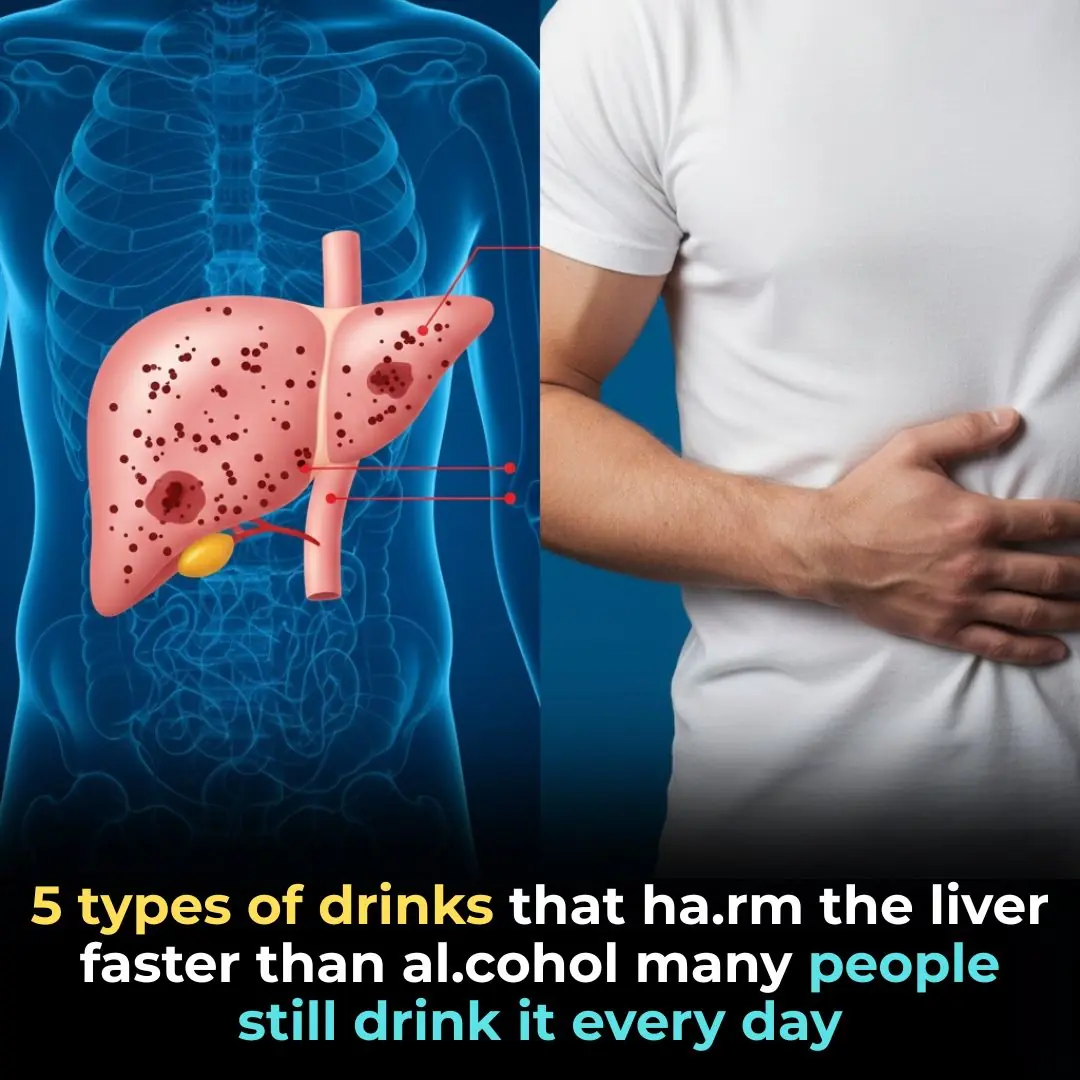
Common Drinks That Can Be Bad for Your Liver

Do you sleep on your side? Here's the powerful effect one simple change can have on your body

Doctors reveal that eating walnuts causes

🦴 Hip Pain: What Does It Mean? Common Causes & When to Seek Help
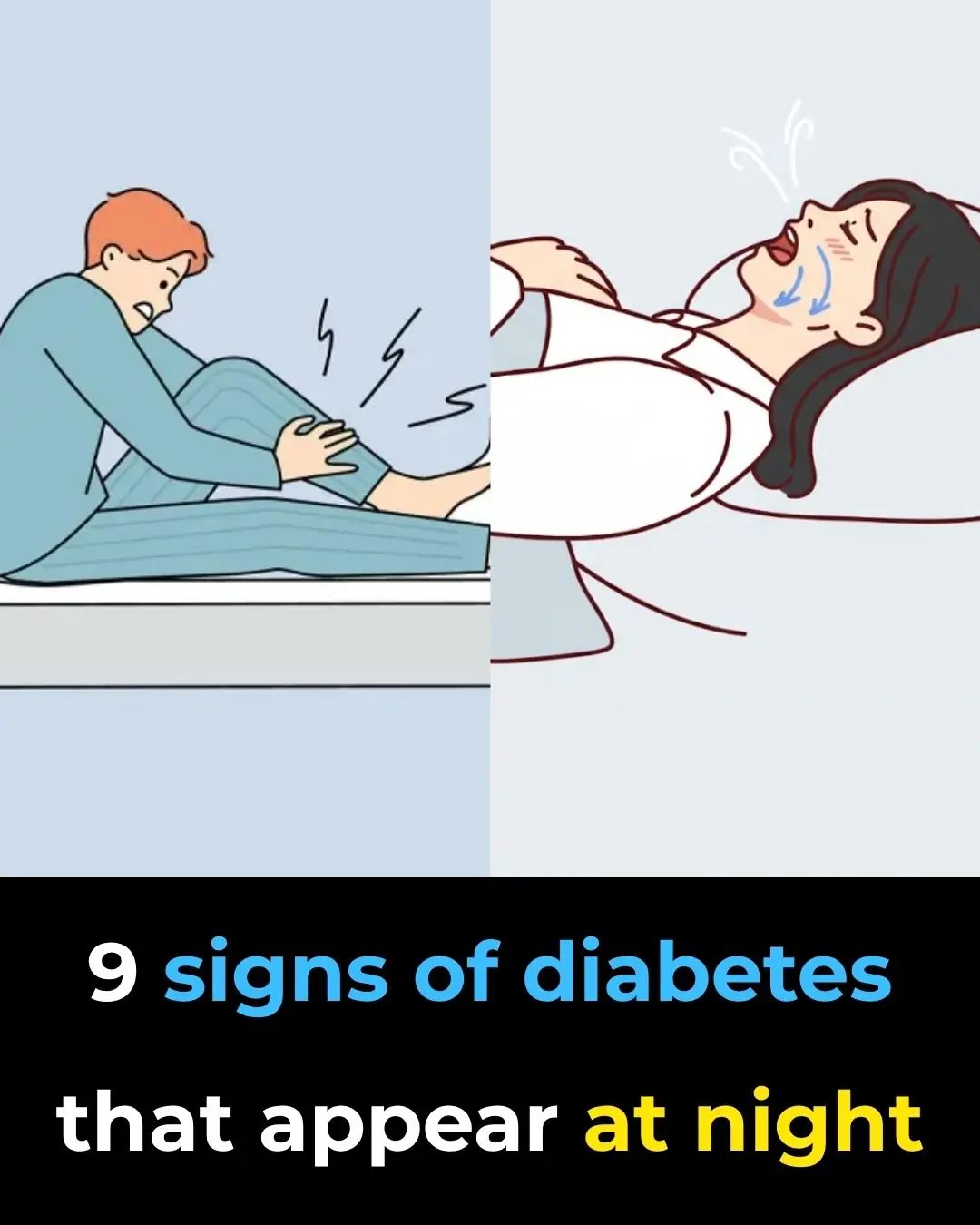
🌙 9 Signs of Diabetes That Appear at Night — What You Should Know
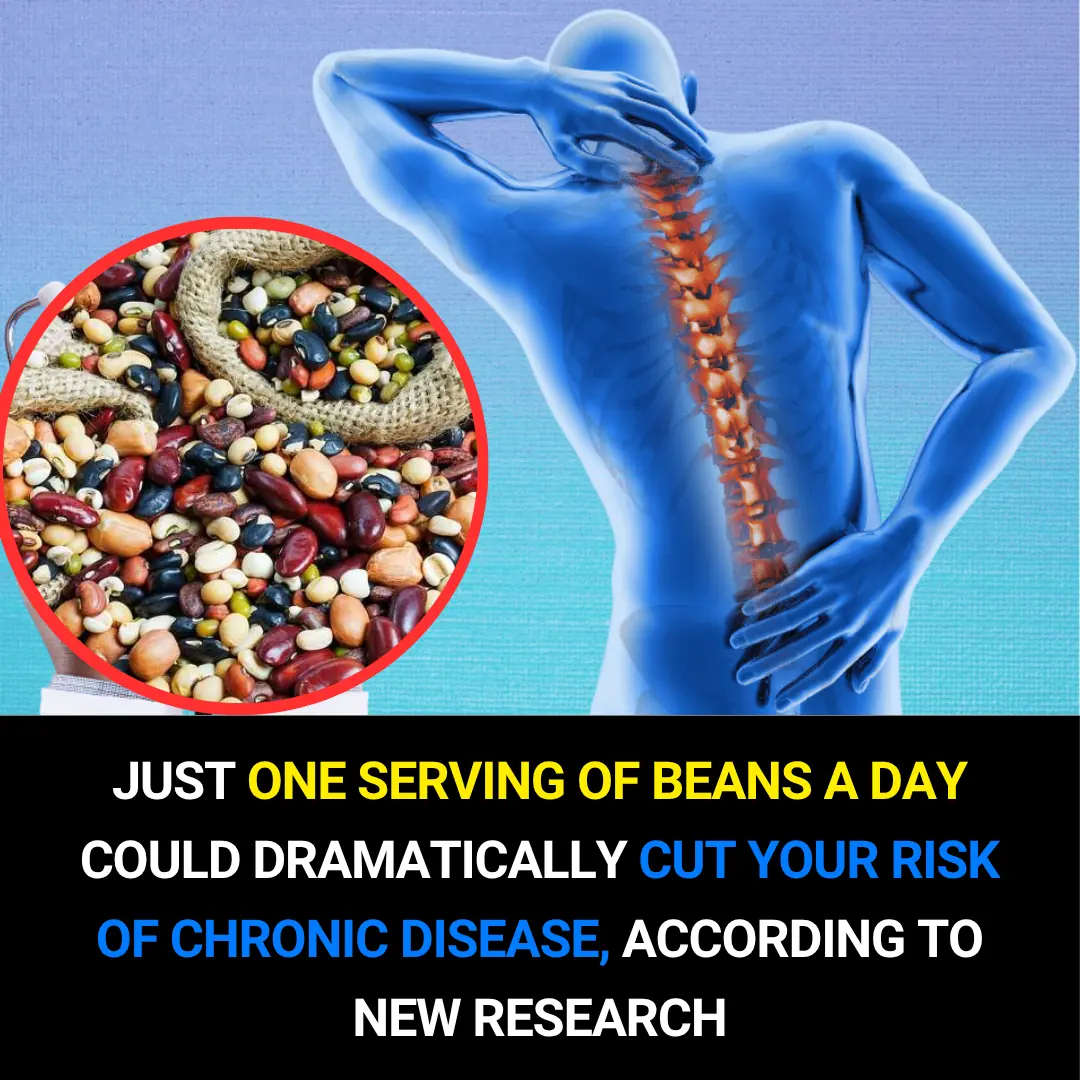
Eating Beans Daily Slashes Your Risk of Heart Disease and Diabetes, Study Finds

The Shocking Truth About Vitamins and Blood Clots in Your Legs
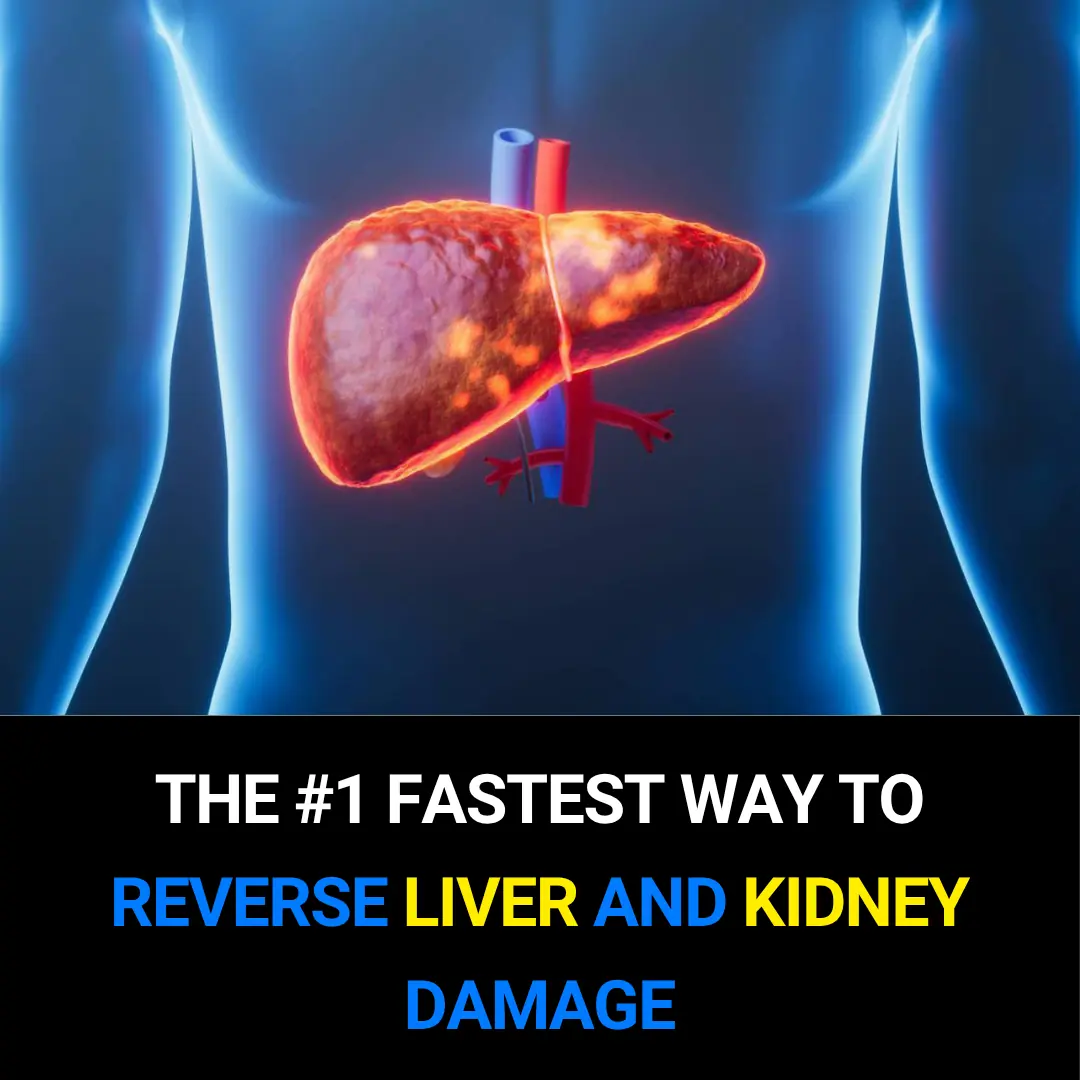
The #1 Fastest Way to Reverse Liver and Kidney Damage

Health Problems That Improve with Vitamin B12 (and How to Use It)
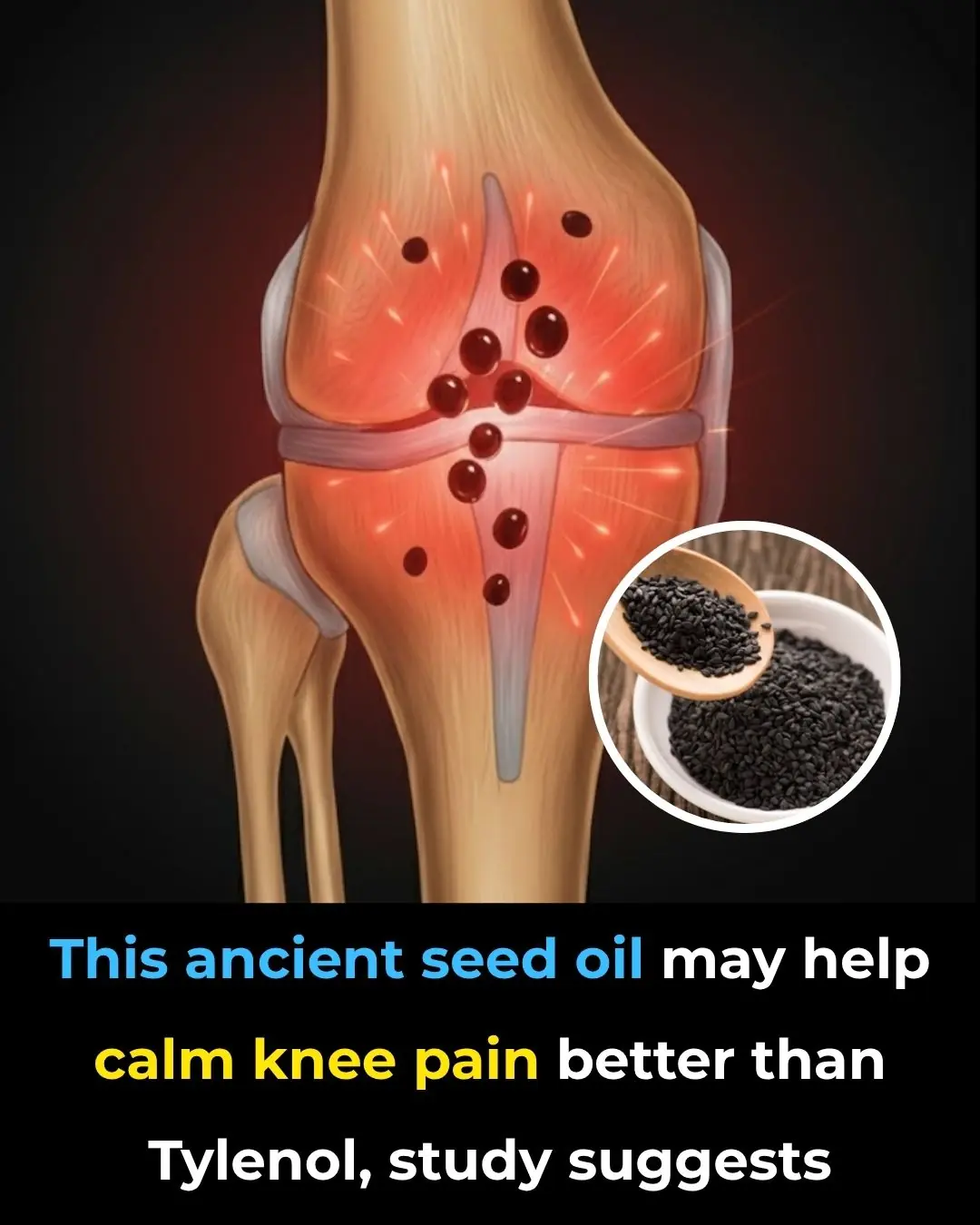
This ancient seed oil may help calm knee pain better than Tylenol, study suggests
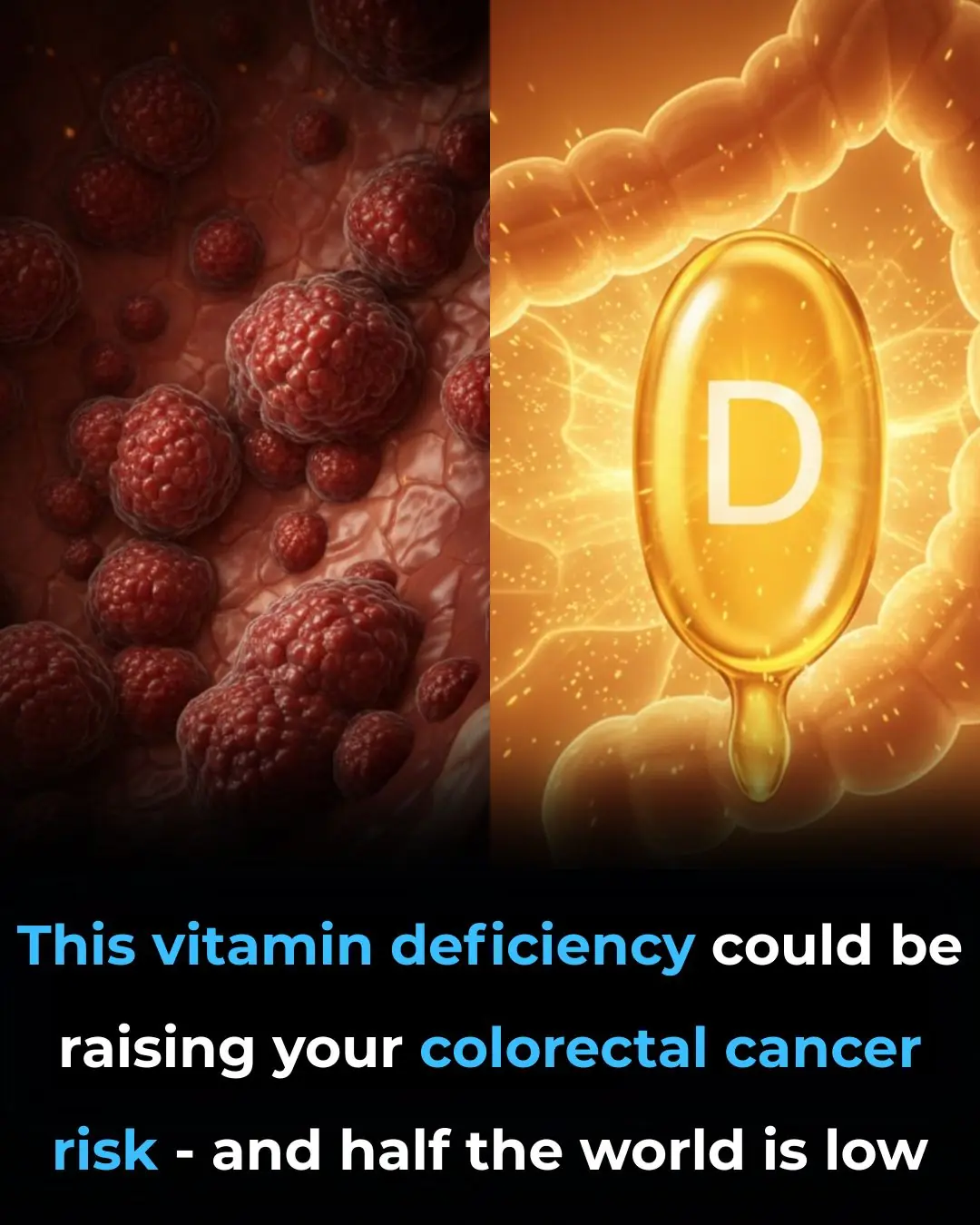
This vitamin deficiency could be raising your colorectal cancer risk — and half the world is low

Tomato Extract: Better And Safer Blood Thinner Than Aspirin
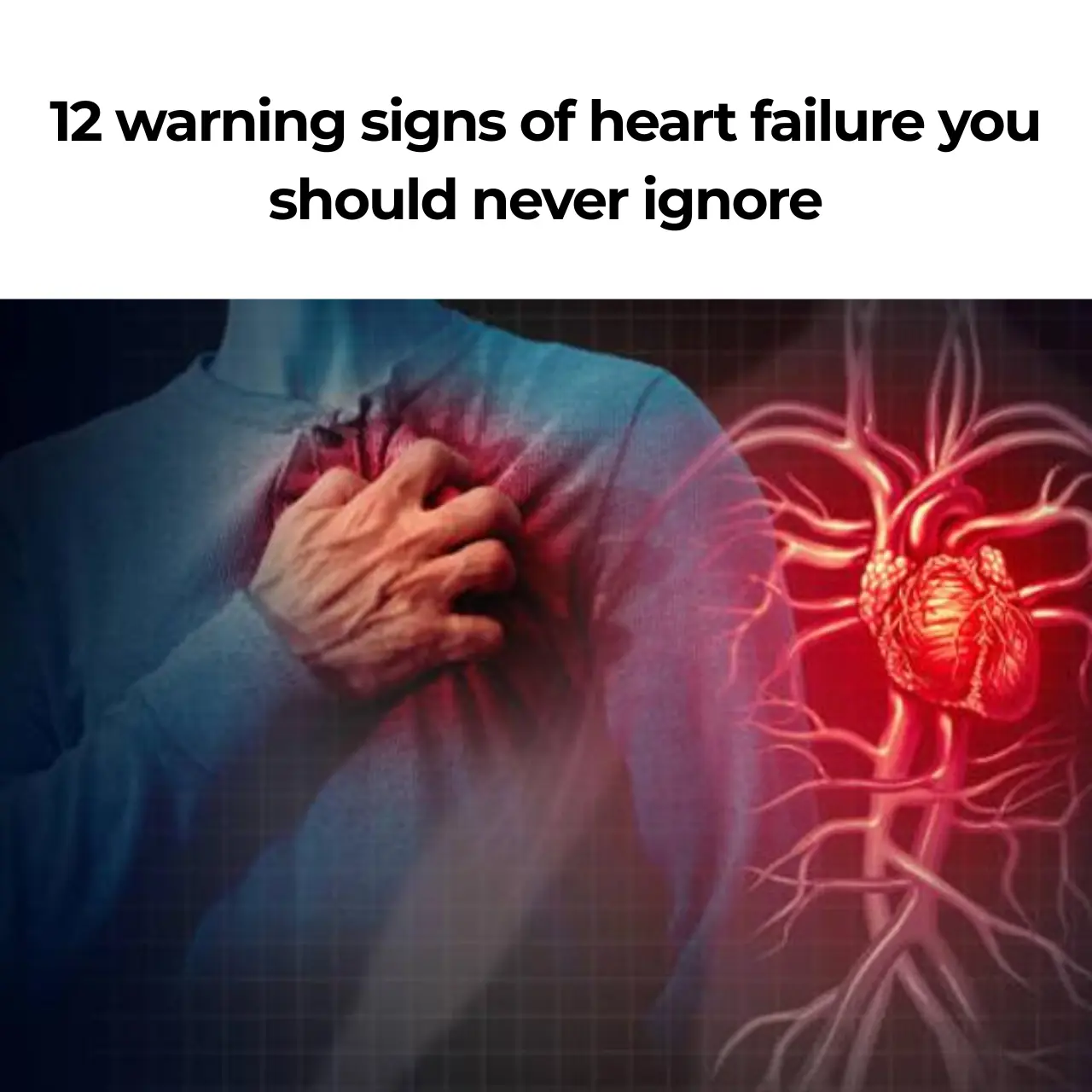
12 warning signs of heart failure you should never ignore
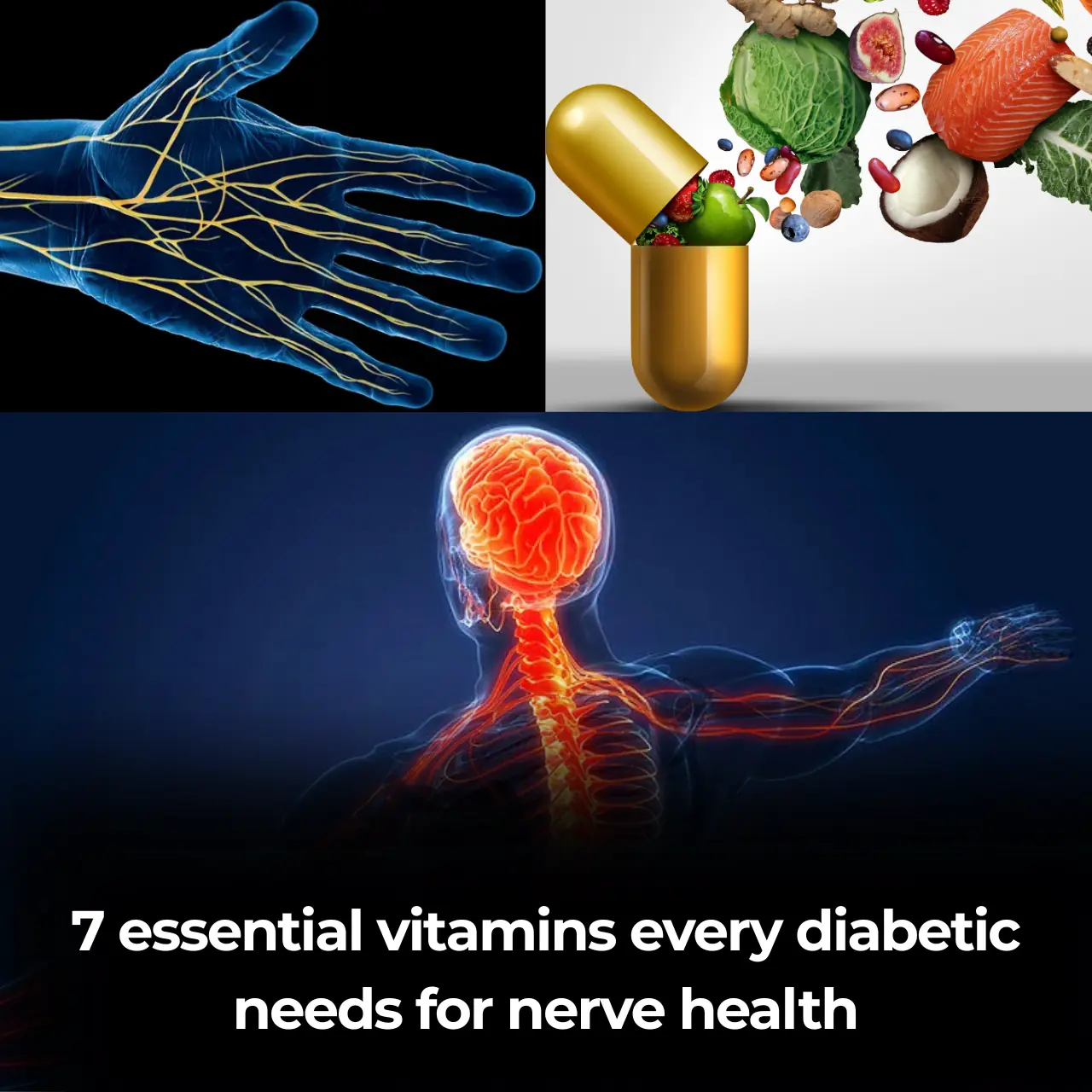
7 essential vitamins every diabetic needs for nerve health
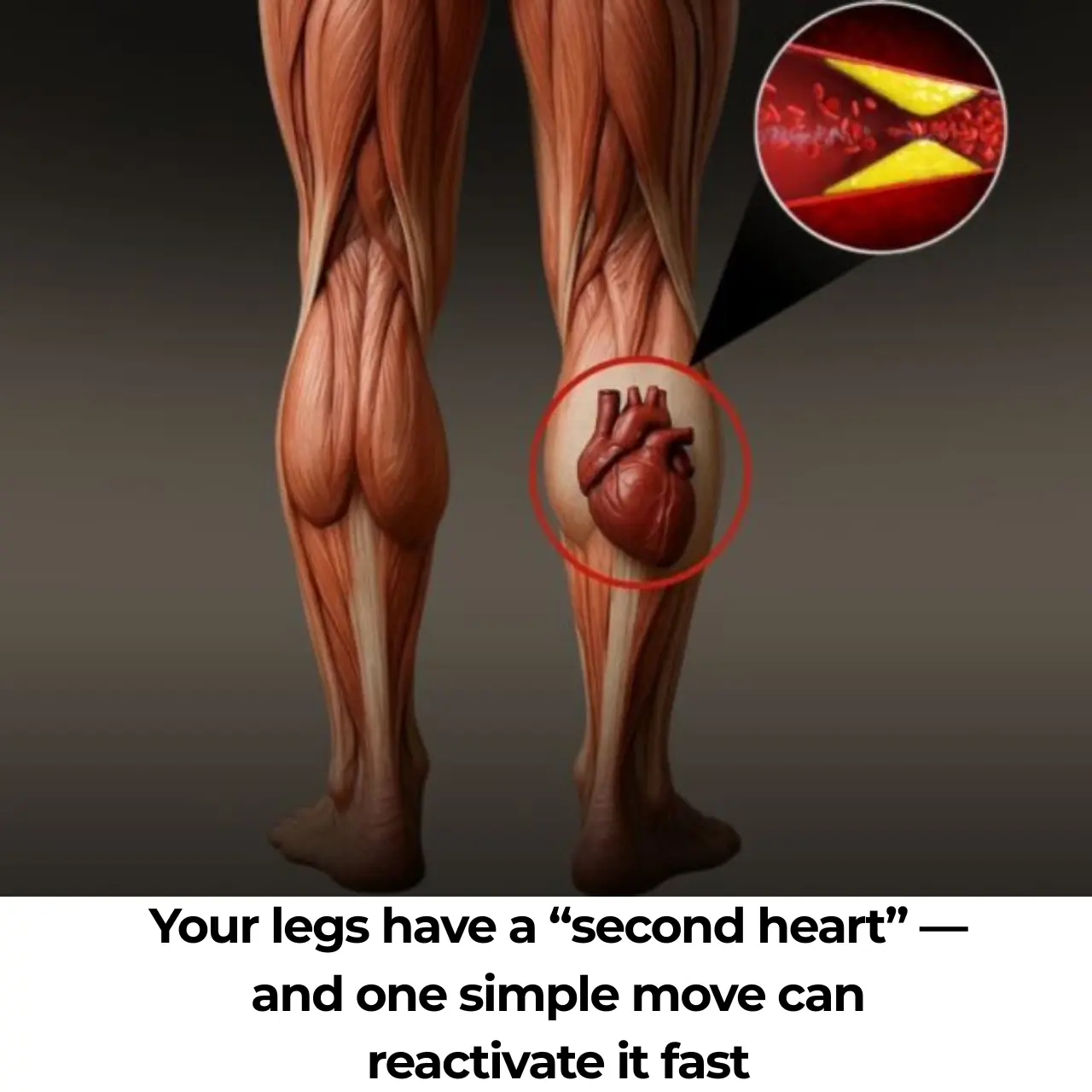
Your legs have a “second heart” — and one simple move can reactivate it fast

Why You Should Start Using Coconut Oil as a Toothpaste
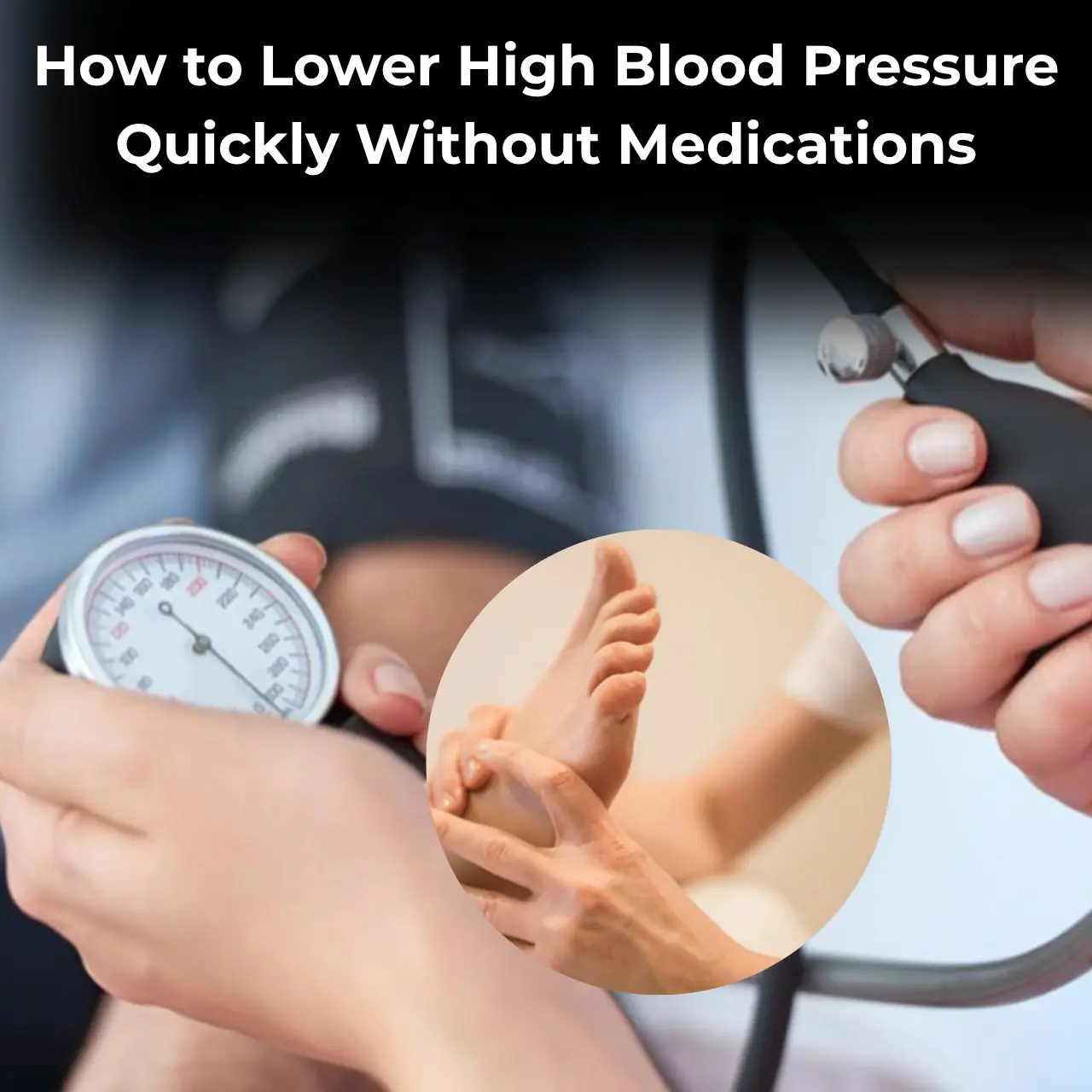
How to Lower High Blood Pressure Quickly Without Medications (Evidence Based)
News Post

Treat early gray hair with a cheap blackening recipe using starfruit and potatoes!

7 tips to eliminate dangerous blood fat

How to store chili peppers for several months so they stay as fresh as when picked, with plump flesh that doesn’t dry out and retains its flavor

Pounded perilla leaves are mixed with pork fat, the fat is completely clean and odorless, white and crispy

10 strange but effective ways to freshen your home

I had no idea

Poor circulation? Simple foods that can get your blood moving again naturally

Count The Squares

Common Drinks That Can Be Bad for Your Liver

Do you sleep on your side? Here's the powerful effect one simple change can have on your body

My nana taught me this hack to de-stink the microwave in 3 mins with 0 work. Here’s how it works

So clever

Homemade Rice Water for Skin: Amazing Recipe for Glowing and Youthful Skin

Natural Botox Drops – Secret of Younger Looking Skin

DIY Flaxseed Gel for Glowing Skin: The Natural Solution to Hydrated and Youthful Skin

Easy Recipe to Make ABC Collagen Ice Cubes at Home: The Secret to Glowing, Firm Skin

DIY Turmeric Gel For Ageless Skin: Unlock the Secrets of Radiant and Youthful Complexion

Add This in Your Hair Oil for Healthy, Lustrous Hair

The Ultimate Guide to Homemade Carrot Oil for Glowing, Youthful Skin
